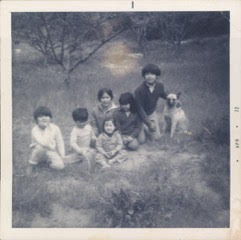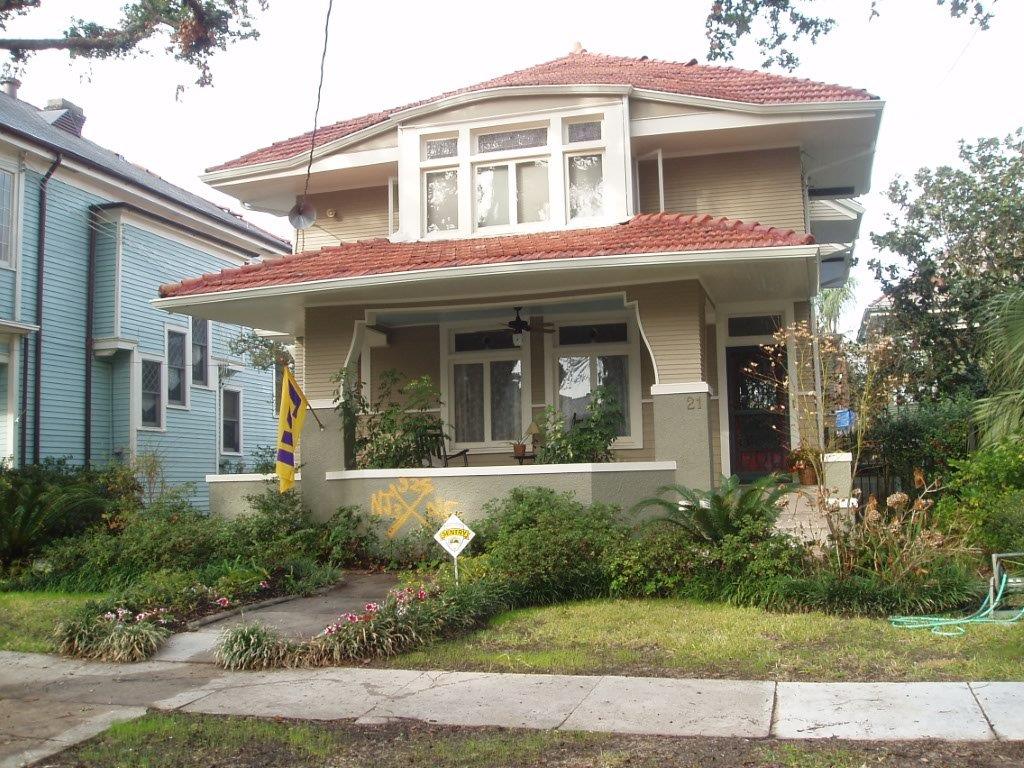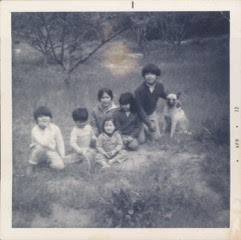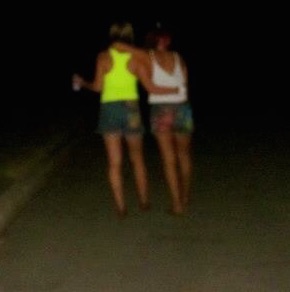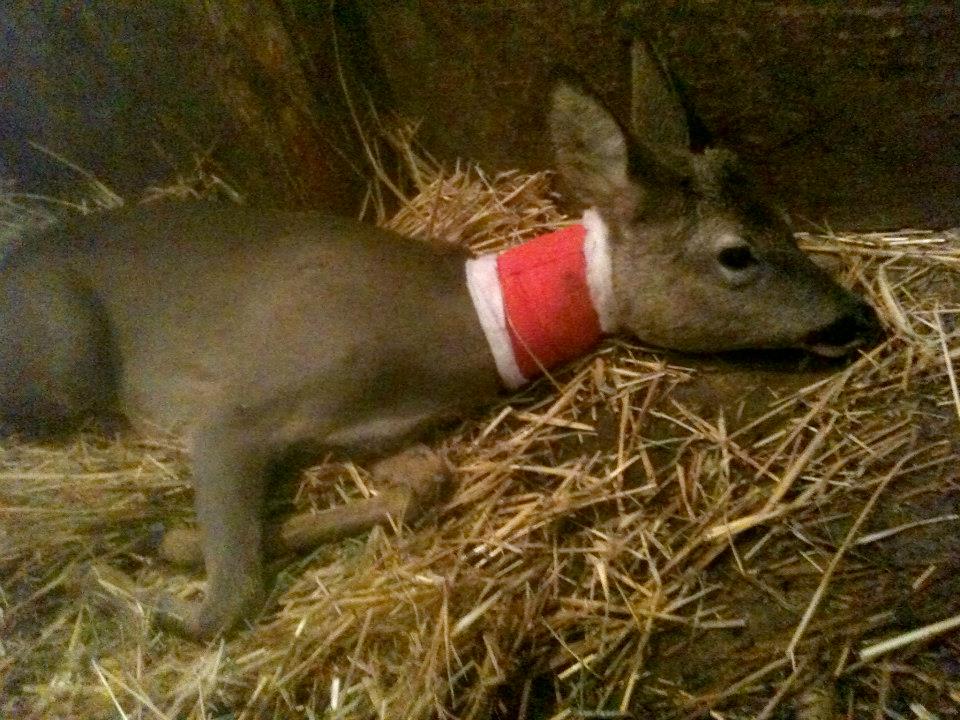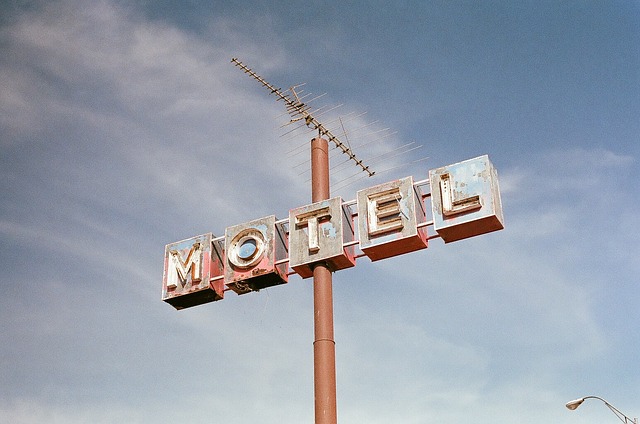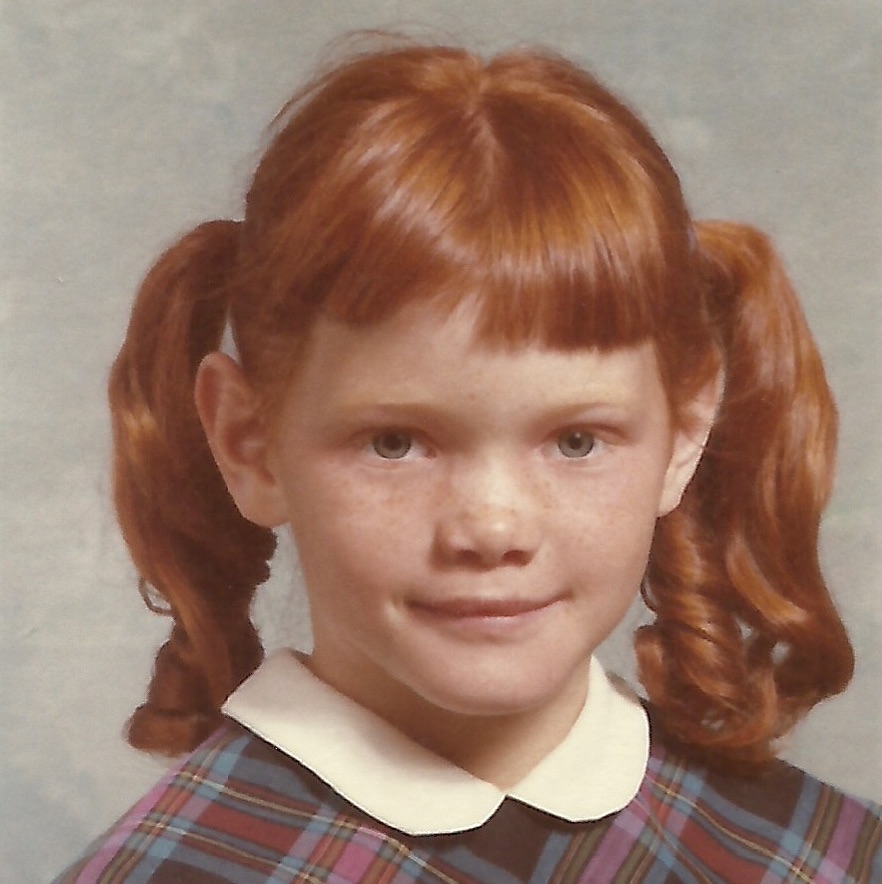"That's it, I've had enough of you. Get the hell outta my bar." I look at her, and her eyes are directed toward me. Surely she's not talking to me. She must be talking to the sloppy drunk couple that keeps fighting in loud sudden outbursts, something about Bubba being mad at Krystal for wrecking the pick-up truck. She's already warned them once before to can it. I turn around to see who she is talking to and find that the couple is not behind me. No one is. "Yeah, I'm talking to you," she says. As I turn back to face her, her eyes bore into mine. "Get the hell outta here. You…burrito…eating…bitch."
I'm stunned. First off, she must think I am Mexican with that reference to burritos, which I am not; and that in no way implies that being Mexican is a bad thing, but she sure thinks it is. I get it, she may be addled, for I have been mistaken for Hawaiian, Indian, Chinese, Arabic, and Mexican quite frequently. I am half Filipino and half White with many other ethnicities swimming around in my gene pool—from Cherokee to Eastern Indian, Spanish to Scots-Irish, if we want to get technical about it. But I look brown, I guess. I have dark hair and dark eyes, although my skin, shaded café au lait, is not much darker than my easily tanned husband of German descent.
I never really considered myself identifying with any race in particular. I was born in America, and my mom, who is from the Philippines and is a citizen of the United States, chose not to speak her native tongue of Tagalog to us kids. We were raised "white" from my dad's side where dinner consisted of "meat and potatoes" or some version of shit on a shingle—S. O. S. as my dad called it, which was army jargon for canned, creamed meat over toast. On the back burner simmered mysterious sea creatures and exotic vegetables that my mother would eat.
We were exposed to cultural tidbits like Mancala—a count and sow game consisting of a piece of smooth, polished wood with carved little bowls and dried beans, and some Filipino Uncle or Auntie once gave us an ornately painted platter depicting a cock fight. But when we asked more about the Philippines, it was described as some far off place, always in the past tense. She wanted us to be assimilated, to "fit in" and we did for the most part. So I pretty much considered myself to be like everyone else.
I'm blindsided by the bartender’s comments, and confused, for my husband and I just spent the past hour sharing funny stories with the helicopter pilot that sits to my right. Between her setting up the next round of beers for us, she laughed with us too. She even bought us a shot, "On the house!" she said, as she downed her own. Did she just get too drunk and let the mask fall?
"What the hell did I do to you?" I say, as a metallic taste works its way up my throat. I've had this feeling before, but it’s been a long time and has never felt so personal, so venomous. I naively thought these incidences were a thing of the past; that being an adult now, married, with a kid, and as a resident of this town, that somehow made me immune or exempt, that times had changed.
"I don't owe you or your kind an explanation," she spews.
My husband interjects, "What's the problem? I thought we were all having a good time." She looks at him, any hint of merriment on her part fades, as does the country-fried rock from the juke box, "The problem is your Mexican bitch here doesn't know her place."
My younger self would have been over that bar so fast, her tiny frame contorted and crumpled until she cried mercy. I would have utilized my mad fighting skills that come from having seven brothers, living on the streets of San Francisco as an adventurous teen, and possessing a persistent sense of justice. Friends would have my back shouting, Go, Maria! I once took down a grown man named Mad Dog with two punches after he grabbed my breasts. He was out cold as I dragged him to the curb by his ankles. My standard reply when someone would call me names like bitch, dyke, beaner or chink would be: “Oh yeah? You want to see a [insert slur] kick your ass?” That was usually enough to scare them off. I was fearless.
But this wasn't California, it was Texas; and I'm not so young anymore. I look at the pilot who minutes before was my new best friend, as he shrugs his shoulders, and looks the other way. I can feel the pale crowd gathering around me, their inhospitable stares seem to dare me to make a move. I take stock of the place, perhaps for the first time, this time really seeing it. What I thought was a no-nonsense, easy-going, quaint little dive, now feels claustrophobic and dangerous. Did I mistake their silence and ogling as we entered here to be a product of my vanity, that they were favorably appraising me? Was that confederate flag part of the decor in the nautical themed beach bar the whole time? Where did those other brown people go? They were here earlier, I scooted my barstool over so they could squeeze in and get the attention of the bartender.
But maybe she's right; this isn't my place.
When I say that I've had this feeling before, it's because this isn't the first time something like this has happened. Yet it doesn’t make it easier to take or less shocking. I was traveling alone and walked into a loud, bustling restaurant in the Ozark Mountains of Arkansas. As I made my way to a booth, a wave of silence preceded me, and not the peaceful kind. People froze mid bite, fork suspended in the air, to look at me. The waitress handed me a menu without a word, and turned back to another table. She bent over and whispered with the other patrons, each of them turning to look my way. She returned to my table with a sour stare and said, "What are you?"
"What am I?" I replied. "What do you mean?" I tugged at the corner of the paper placemat rolling it into a tight spiral as my foot twitched under the table, maintaining eye contact with her.
She tucked her pen behind her ear and crossed one arm over the other in front of her food splattered apron. Tilting her head, she leaned closer in."I mean, what are you?"
"I'm a woman?” I replied sarcastically, glancing around to see if the other diners found this funny. They were clearly listening in, but no one cracked a smile. As my eyes met theirs, they quickly turned back to their food. I scanned the room again, seeing if there might be an ally among the sea of strangers. There wasn’t.
She shook her head, "No, no. Where do you come from?" Her persistent interrogation was making me angry. I just wanted something to eat.
"Umm, California." I considered just getting up and leaving. Instead my hand found the rolled silverware and gripped it tightly.
"Uh uh…I mean what's your race?" She shifted her arms to her hips defiantly, as she waited for an answer.
"Human?" I knew I was getting to her, and I knew where this was going.
Irritated, she replied "You know what I mean, what's your roots?"
"Oh, I'm half-Filipino." Smiling the biggest smile I could muster.
Victorious, she turns back to the table of gawkers and says, "I was right! She's a chink!"
I wanted to fight her too, all of them.
But I didn’t fight back. As a silent protest, in hopes that my presence would make them as uncomfortable as they were making me, I stayed. With my head held high, I ordered my food, finished what felt like the longest meal of my life, paid my ticket and left.
My friend Jon would say, "Just rise above it." He is black and somehow manages to take a zen approach to racism. He's a gentle man, a real thinker. He fought back once, though. We were kids at a punk rock show in Berkeley in the late 80's, and a group of skinheads decided they wanted his boots. After ruthlessly slamming into him over and over again in the mosh pit, ripping his shirt off and splitting his lip, Jon ran outside to avoid anymore contact. They pursued him. I blocked their path, if only for a moment, and Jon got away.
A swarm of white t-shirts and red suspenders closed in on me. Their steely eyes bore into me. "Get the fuck outta the way, bitch!" one of them roared.
I don't know why, but I didn't move. I couldn't move.
"What are you doing hanging out with that nigger?"Another shouted. I could feel his hot, stale breath on me.
"Better company than you guys, any day." Wincing, I braced for impact.
The alpha skinhead spit in my face, and I felt it oozing down my cheek. I wanted to reach up and wipe it away but couldn’t. My body was frozen in place, but my mouth still worked.
"Real tough guys, huh? Six guys against one girl? You gonna kick my ass?"
They snarled at me, forcibly shoved me aside and ran after Jon. He had managed to find a wooden tree stake, and was waving it around fighting them off, but they circled around him and soon got him to the ground. They pulled at his boots while others kicked him in the ribs, but Jon kept kicking back and stabbing at them with the tree stake. I ran to the car, floored the gas pedal, and drove straight towards them. They scattered at the last minute. Jon leapt into the car as we sped away. I honestly say I don't know what I would have done if they did not get out of the way.
Jon told me the worse part is seeing the looks in their eyes. Most of the time it is pure hate, but it's also fear, as they cross to the other side of the street to avoid the black man. With seconds of scrutiny they have judged him, summed up his very being in a blink of an eye. That’s how I felt at that restaurant in the Ozark Mountains even before the waitress spoke. That’s how it felt at the bar, too. But unlike the waitress, the bartender’s behavior was unexpected, out of character; you usually know where you stand right away with a racist.
I once asked Jon how he deals with it, how he can control himself when faced with such hatred. He pushed his round John Lennon spectacles back up the bridge of his nose and contemplated with a Buddha like grin, "I don't fight with my fists anymore. I fight back by outliving them. I make myself smarter. I succeed out of sheer will because I know they don't think I should. I live with love and find the people who do too. I win by living." I get what he is saying, but perhaps I am not as evolved as Jon, and something in my very core still wants to fight back in a big way.
My mind races as I think of people that I could call to help me, but I know there is no sense in fighting, for the consequences that come with age, time, my status as a mother, and an inhabitant of this place change everything. My husband scoops up the bills that would have been the bartender's tip, grabs my hand and leads me towards the door. We exit. I am pissed, and I feel small.
Like a bruise, the bar incident stayed with me long after the injury. It replayed in my head, unearthing every slight and slur that I had encountered in my 45 years, and how I had felt powerless to stop it each time. A bitter, caustic aftertaste lingered on my tongue. Then I remembered a question my kindergartener asked one day: "Momma, what's a nigger?" At the time, all I wanted to do was move away and shield her from such ugliness. But it felt larger now, as if that question in the context of all of those other things was like ripping a band-aid off an old wound, only to find it festering through muscle and bone.
I ached for the young warrior girl in me that grabbed injustice by the balls and threw it back in its face. I longed for the rawness of retribution that came with my ferocity. For the sake of my daughter and for myself--while I know fighting back with my fists is not an option--it was then that I realized that I must find a new way to fight back.
Maria Adolphs was born in Salinas, California. She is the youngest of thirteen, a wife, mother and student at The University of Iowa where she is currently studying Creative Writing remotely from her home near the Gulf of Mexico in Galveston, Texas. She has also lived in San Francisco, the Tucson desert, Central Ohio, and Oklahoma City. Her work has appeared in the Galveston Daily News, and she is working on her first novel.
